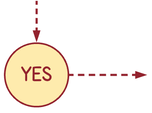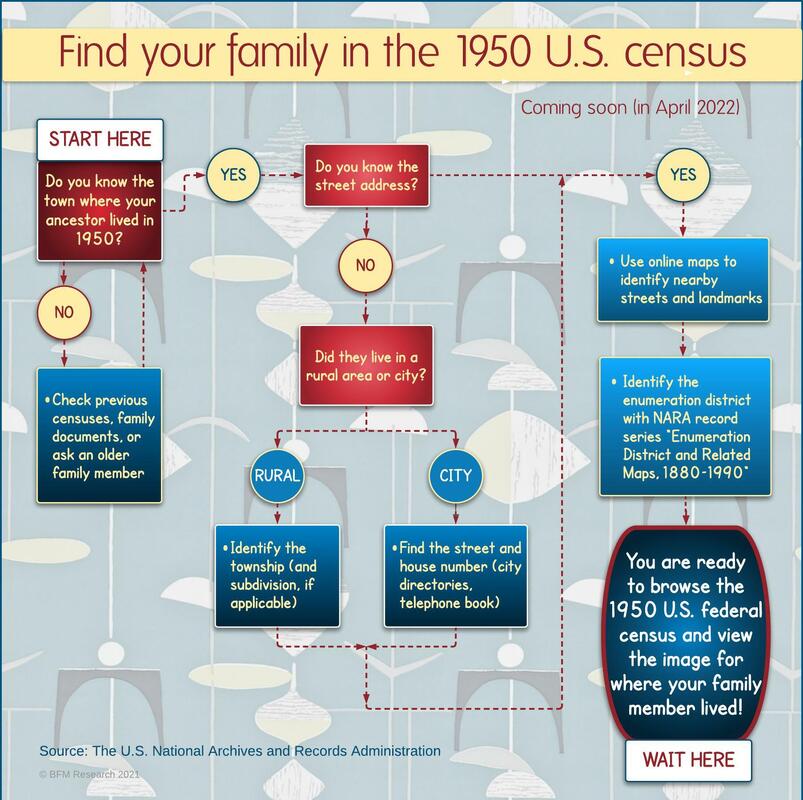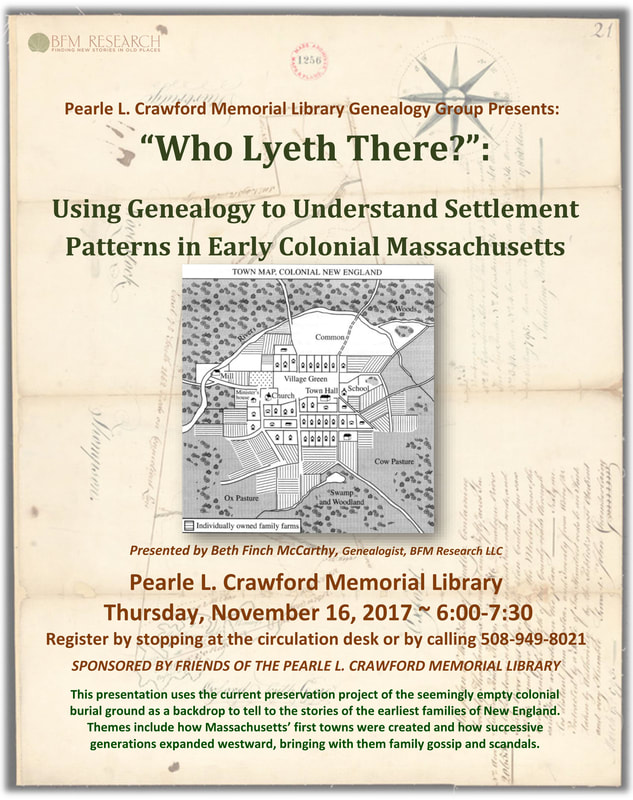STEP #1: "START HERE"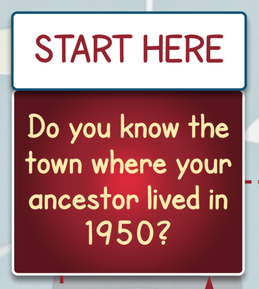 Infographic by BFM Research Infographic by BFM Research Last week, I created a chart to jumpstart your search for ancestors when the 1950 U.S. population census becomes public on April 1, 2022. This week's post will help you find the information you need to move off the starting square. Based on what we saw after the 1940 census was released by the National Records Administration (NARA), it will likely take several months for indexes and searchable databases to be created and made available. Until then, you will only be able to see the original microfilmed images on sites such as Ancestry, Fold3.com, and FamilySearch, with no way to type a person's name into a search box to get to the right census page. Without knowing where your ancestor lived, that daunting task will be like sitting next to a stack of forms that reach to the ceiling, and the only way to find your guy/gal is to flip through the pile, page by page. This project won't feel like looking for a needle in a haystack if you know where your ancestor lived in April 1950. The strategies in this blog series will cover how the census is organized at the NARA and follow its research guidelines with the information you do know. I will be honest here...some of you may hit pay dirt in a relatively short time, while others may still hit roadblocks. I have heard from several of you who have no idea where your ancestor was in 1950 and are already frustrated by FOMO. My advice? If you work through this chart and get truly stuck, please resist the fear that you, too, will miss out on the magic of discovery! Patience will pay off if you decide to wait for the indexes...and I will be here to help you navigate those next Spring. Even if you DO decide to wait for the "click-and-search" option later in 2022, I encourage you to follow along with this tutorial. You will still benefit from learning about how the census data was organized and how to navigate its framework. This knowledge will give you a helping hand when you work with other censuses, from way back in 1790 and into the future. Are you ready to play my version of Chutes-and-Ladders with the infographic? Just put your game piece on "Start Here" and answer the question in the red box to choose the best research path. Good luck!! QUESTION: Do you know the town where your ancestor lived in 1950? ASK LIVING PEOPLE If you do not know the town where your ancestor lived in 1950, find someone to ask! In my case, I hadn't been born yet, so I'm no help to even my own family. My brothers were alive, though, so I had my answer faster than it took to order a malted milkshake at the Woolworth's counter. But what if you don't have a sibling on speed-dial? Reach out to other family members or old family friends. Emailing or making an old-school phone call is great. You can even wait until your next family gathering and write your notes on a table napkin if you have to. 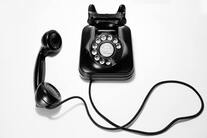 Photo by Quino Al Photo by Quino Al A more high tech approach is to take advantage of social networking. Sites like Facebook can help you find extended family members and their old neighbors too. Send a private message and politely explain what you are looking for and why. If you do, please be mindful of any personal or identifying details you learn about living people. Their info has to stay private (and not be broadcasted back on social media). 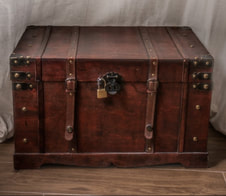 Photo by Lena De Fanti Photo by Lena De Fanti DIG OUT HOME SOURCES Opening up a drawer or box of family stuff can be like finding buried treasure. Who knows what was collected and passed down! The usual suspects are birth, death, and marriage certificates. But school yearbooks, photo albums, and scrapbooks can also tell you the town where your family may have been about 1950. My grandmother kept every Christmas card ever sent to her, plus a few of the original envelopes. My parents had the addressed letters they sent back and forth when my dad was abroad. A dated newspaper clipping about my brother's school concert even got me to the right neighborhood! And when you've finished fall-cleaning your office and attic, go back to those living people above and ask them if they have any memento boxes hanging around that might have some clues for you. GO BACK TO THE 1940 CENSUS Your family may have lived in the same place as they did in 1940, of course. Lucky for you, the 1940 census has been digitized, indexed, and is accessible in online databases. NARA, Ancestry, and FamilySearch will have whatever is available for April 1940. If you find your ancestor there, and are pretty confident they did not move by 1950, use that town for the next step. (Asking again) |
AuthorBeth Finch McCarthy
|

